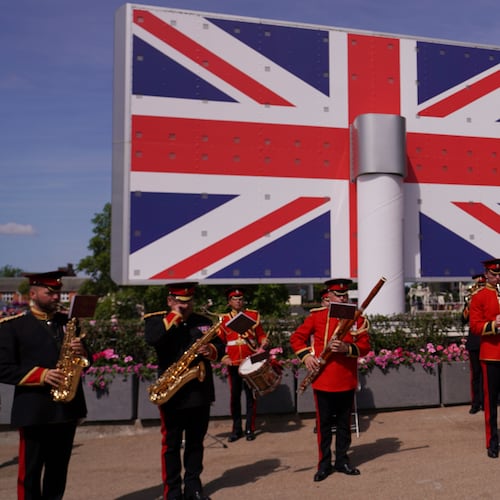Lt. Gen. U.S. Grant ordered the firing of his artillery along the Richmond-Petersburg front in Virginia to commemorate the fall of Atlanta on Sept. 2, 1864. President Abraham Lincoln sent Maj. Gen. William T. Sherman and his soldiers the thanks of the nation and then called on all Northern citizens to observe a Day of Prayer and Thanksgiving — a fitting proclamation from a commander-in-chief whose minimal hopes for election to a second term received a monumental boost after Sherman’s capture of the city.
The Democratic Party, meeting in Chicago, had just nominated George B. McClellan as their presidential candidate for the November election. Party leaders prepared to strengthen their peace platform, which they believed would carry the former Federal general to the nation’s highest office. They were wrong.
In Georgia, Sherman and his Confederate counterpart, Gen. John Bell Hood — encamped with his Army of Tennessee about 25 miles south of Atlanta — engaged in a heated exchange of dispatches over Sherman’s order of Sept. 7 evicting all citizens from the city. As the adversaries struggled with the logistical challenges of removing nearly 450 families, the tone of their communications hardened.
Sherman: “If we must be enemies, let us be men and fight it out … and not deal in such hypocritical appeals to God and humanity.”
Hood: “For myself, and, I believe, for all the true men, ay, and women and children … we will fight you to the death. Better to die a thousand deaths than submit to live under you or your Government.”
As the war of words raged between the two generals, Atlanta Mayor James Calhoun met with his City Council. He then pleaded with Sherman to reconsider his evacuation order and to “suffer these unfortunate people to remain at home and enjoy what little means they have.”
Sherman was not moved. He replied, “You cannot qualify war in harsher terms than I will. War is cruelty and you cannot refine it, and those who brought war into our country deserve all the curses and maledictions a people can pour out.”
Planning for the exodus continued. Carrie Berry, a young diarist, lamented her family’s forced departure. “Every one I see seems sad. Mama seems so troubled and she can’t do anything. Papa says he don’t know where on earth to go.”
The Berry family harbored uncertainties about their future destination, but Sherman already had his next terminus in mind when he wrote to Grant on Sept. 10: “If you can manage to take the Savannah River as high as Augusta, or the Chattahoochee as far up as Columbus, I can sweep the whole state of Georgia.” Sherman had not yet started to “howl,” but his growl offered a glimpse into his future military plans in the “Empire State” of the South. Already, he was thinking of leaving Atlanta.
Brig. Gen. Francis Shoup, Hood’s chief of staff, noted in his Sept. 12 journal entry, “To-day the removal of the citizens of Atlanta will commence. All the army wagons that can be spared have been sent to Rough and Ready to convey families to Lovejoy’s.”
Dealing with the displaced men, women, and children presented Hood more than enough for one officer to deal with, yet Gov. Joe Brown provided yet another nugget of unpalatable news. In the governor’s view, since he had called the state militia into active duty to protect Atlanta, the fall of the city left him no option but to “withdraw said organization from your command.”
The Army of Tennessee dealt with both situations as best it could.
Michael K. Shaffer is a Civil War historian, author and lecturer. He can be contacted at: www.civilwarhistorian.net
For more on the Civil War in Georgia, follow the AJC: http://www.ajc.com/s/opinion/ and http://www.myajc.com/s/battleofatlanta/
About the Author
Keep Reading
The Latest
Featured

